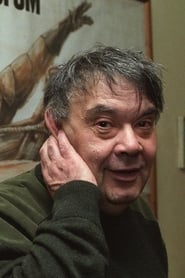
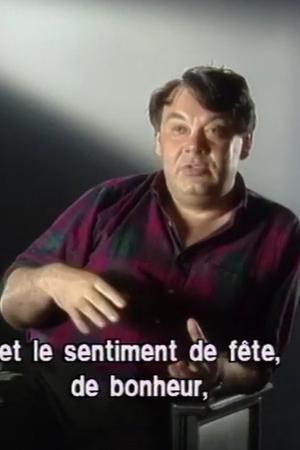
Alexeï Guerman, cinéaste bien interdit(1990)
This film was broadcast on La Sept in October 1990 as a part of Hélène Mochiri's Cinéma de poche program devoted to Soviet cinema. The documentary was produced in-house at La Sept and based on an exclusive interview with Alexei Guerman in May of that year. It has not been seen since.
Movie: Alexeï Guerman, cinéaste bien interdit

Alexeï Guerman, cinéaste bien interdit
HomePage
Overview
This film was broadcast on La Sept in October 1990 as a part of Hélène Mochiri's Cinéma de poche program devoted to Soviet cinema. The documentary was produced in-house at La Sept and based on an exclusive interview with Alexei Guerman in May of that year. It has not been seen since.
Release Date
1990-10-01
Average
0
Rating:
0.0 startsTagline
Genres
Languages:
FrançaisKeywords
Similar Movies
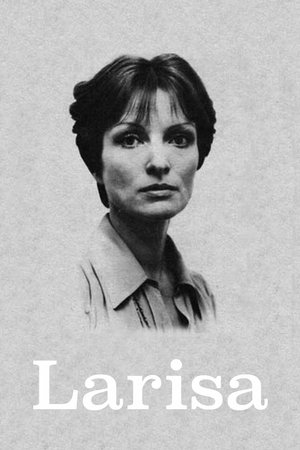 6.0
6.0Larisa(ru)
Elem Klimov's documentary ode to his wife, director Larisa Shepitko, who was killed in an auto wreck.
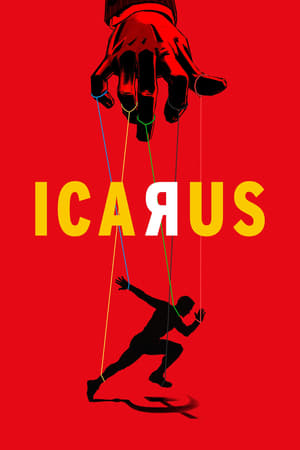 7.6
7.6Icarus(en)
While investigating the furtive world of illegal doping in sports, director Bryan Fogel connects with renegade Russian scientist Dr. Grigory Rodchenkov—a pillar of his country’s “anti-doping” program. Over dozens of Skype calls, urine samples, and badly administered hormone injections, Fogel and Rodchenkov grow closer despite shocking allegations that place Rodchenkov at the center of Russia’s state-sponsored Olympic doping program.
 6.8
6.8Belarus: An Ordinary Dictatorship(fr)
It’s the last dictatorship of Europe, caught in a Soviet time-warp, where the secret police is still called the KGB and the president rules by fear. Disappearances, political assassinations, waves of repression and mass arrests are all regular occurances. But while half of Belarus moves closer to Russia, the other half is trying to resist…
Karenina & I(en)
The actor Gøril Mauseth goes on a 11.000 kilometer travel with the Trans-Siberian to play Anna Karenina in a new language in Leo Tolstoj's Russia, discovering the language, and the reasons Tolstoj wrote what he wrote, changing her forever.
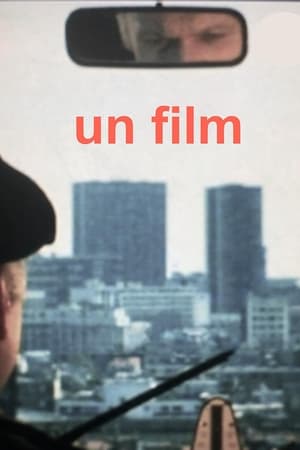 7.0
7.0Un film (autoportrait)(fr)
The shooting diary of a film shot in France and in the United States. Using photos of Paris and of New York City, excerpts of his former films, statements by friends of his and shooting sequences of the film itself, tormented filmmaker Marcel Hanoun has made a heterogeneous and unclassifiable film about the difficulty of filming.
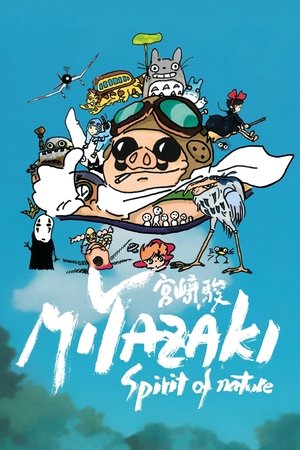 0.0
0.0Miyazaki, Spirit of Nature(fr)
A documentary that focuses on Hayao Miyazaki’s deep connection to nature and the environmental themes expressed through his films.
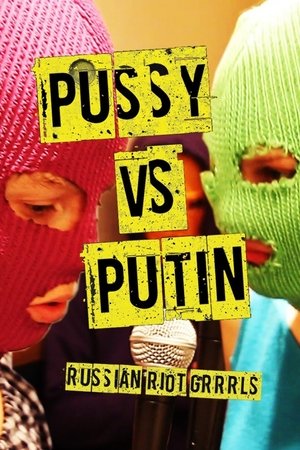 5.5
5.5Pussy Versus Putin(en)
In 2012 two members of anarchistic female band Pussy Riot were sentenced to two years in a Mordovian labor camp for "hooliganism motivated by religious hatred". Russian film collective Gogol’s Wives follow each step of the feminist punk band’s battle against Putin including their first disruptive performances on a trolley bus, shooting a video about transparent elections, a controversial performance in a Red Square cathedral, and footage shot in a jail cell. Support comes from many corners including Madonna who painted the words "Pussy Riot" on her back and wore a balaclava during her Moscow show. The documentary portrays the grim state of present-day Russia, a country starkly divided between conservatism and anarchy. Pussy Riot believes that art has to be free and they're willing to take it to extremes. "Pussycat made a mess in the house," they say, and the house is Russia. The filmmakers do not seek to moralize, they simply edit events and leave viewers to draw their own conclusions.
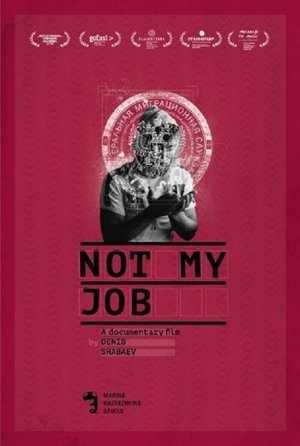 6.0
6.0Not My Job(ru)
The documentary follows the life of Farroukh, a young Tajik immigrant who lives in Moscow outskirts with his family and does odd jobs in dreams of becoming an actor.
 5.8
5.8Room 999(fr)
In 1982, Wim Wenders asked 16 of his fellow directors to speak on the future of cinema, resulting in the film Room 666. Now, 40 years later, in Cannes, director Lubna Playoust asks Wim Wenders himself and a new generation of filmmakers (James Gray, Rebecca Zlotowski, Claire Denis, Olivier Assayas, Nadav Lapid, Asghar Farhadi, Alice Rohrwacher and more) the same question: “is cinema a language about to get lost, an art about to die?”
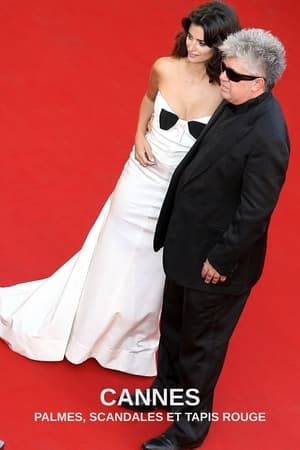 8.0
8.0Cannes : Palmes, scandales et tapis rouge(fr)
How could the Cannes Film Festival become the biggest cinema event in the world? For 75 years, Cannes has succeeded in this prodigy of placing cinema, its sometimes paltry splendors but also its requirements of great modern art, at the center of everything, as if, for ten days in May, nothing was more important than it. This film tells how Cannes has become the largest film festival in the world by opening up to cinematic modernity while never forgetting that cinema remains a performing art, a popular art.
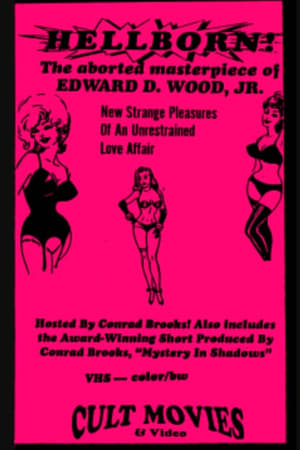 6.0
6.0Hellborn(en)
Conrad Brooks discusses "Hellborn," his unfinished movie with Ed Wood, and other projects
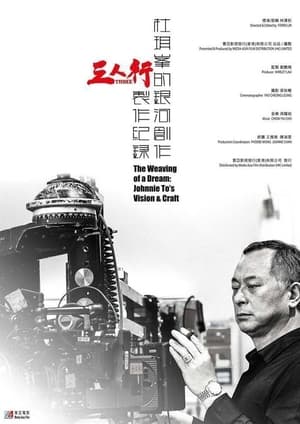 0.0
0.0The Weaving of a Dream: Johnnie To's Vision and Craft(cn)
From the ambitious young filmmaker behind Boundless, The Weaving of a Dream is a short documentary that details the making of Johnnie To's film Three.
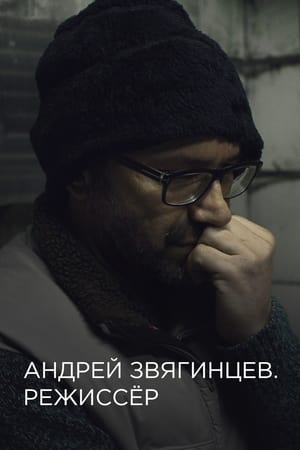 7.0
7.0Andrey Zvyagintsev. The Director(ru)
Portrait of director Andrey Zvyagintsev against the background of the filming of his film "Loveless".
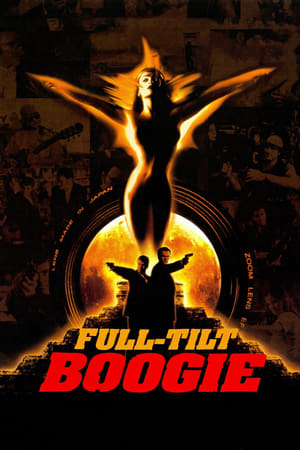 6.5
6.5Full Tilt Boogie(en)
A documentary about the production of From Dusk Till Dawn (1996) and the people who made it.
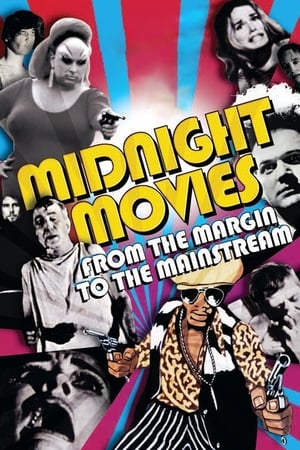 6.3
6.3Midnight Movies: From the Margin to the Mainstream(en)
From 1970-1977, six low budget films shown at midnight transformed the way we make and watch films.
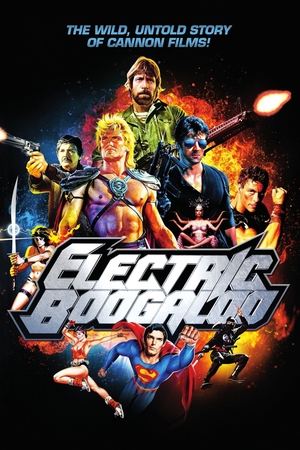 7.2
7.2Electric Boogaloo: The Wild, Untold Story of Cannon Films(en)
A documentary about the rise and fall of the Cannon Film Group, the legendary independent film company helmed by Israeli cousins Menahem Golan and Yoram Globus.
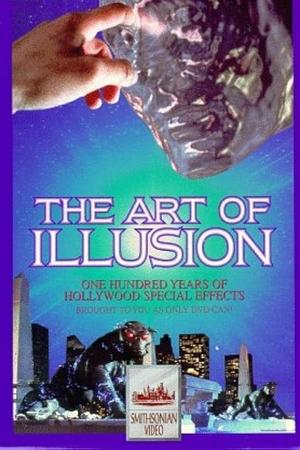 0.0
0.0The Art of Illusion: 100 Years of Hollywood Special Effects(en)
A history of movie magic from 1895 to 1995, showing primitive effects used in such films as "A Trip to the Moon" up to the state of the art effects used in "Apollo 13" and "The Abyss."
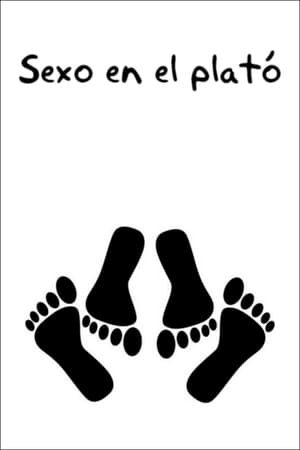 6.0
6.0Sexo en el plató(es)
How are the sex scenes filmed? What tricks are used to fake the desire? How do the interpreters prepare and feel? Spanish actors and directors talk about the most intimate side of acting, about the tricks and work methods when narrating exposed sex. In Spain the general rule is that there are no rules. Each film, each interpreter, faces it in very different ways.
 8.0
8.0Orange Revolution(en)
Filmmaker Steve York explores the controversial 2004 Ukrainian presidential election, during which candidate Viktor Yushchenko suffered a near-fatal poisoning and his unpopular opponent, Viktor Yanukovych, was declared the winner. In the aftermath, more than a million people -- including the ailing Yushchenko -- took to the streets of Kiev, protesting the results that contradicted exit polls showing Yushchenko with an impressive lead.
Artist Unknown(en)
A short documentary on how people view art and its value in today's society.
